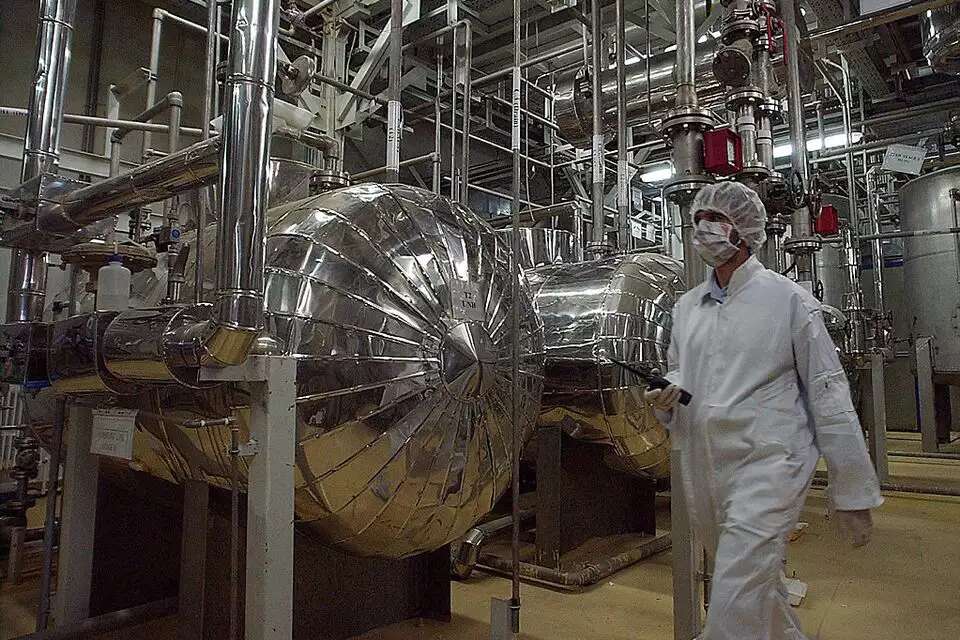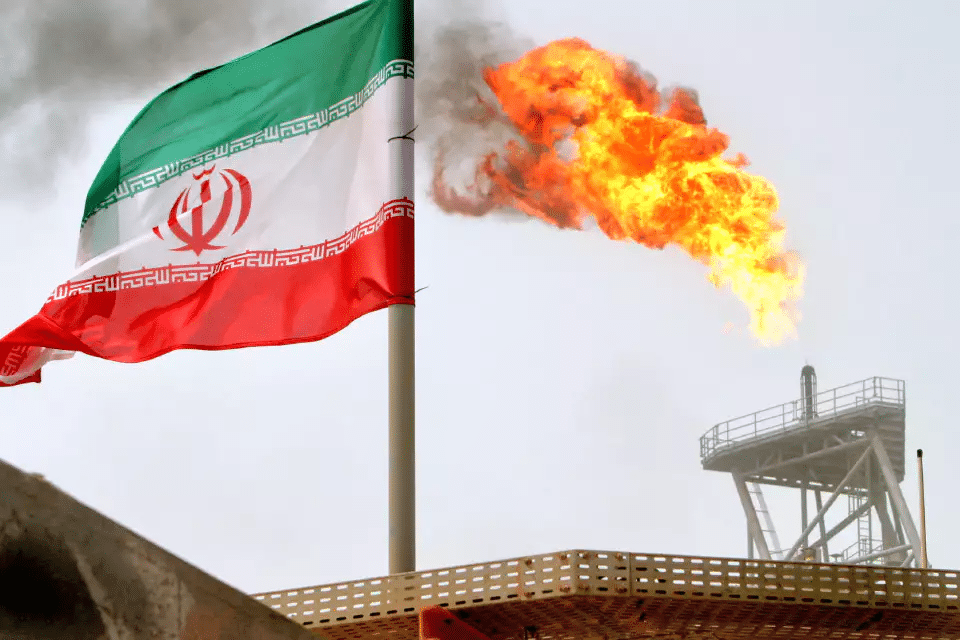Israel is approaching a critical decision regarding a potential strike on Iran's nuclear facilities. This comes against the backdrop of alarming advancements in various components of Iran's nuclear project and an understanding that this moment presents a strategic opportunity, given Iran's relative weakness and Israel's close coordination with the new US administration.
For the past 15 years, Israel has intermittently considered the possibility of attacking Iran's nuclear sites. The issue peaked in the early 2010s and was one of the key factors leading to the 2015 nuclear deal. Following the agreement, Israel significantly reduced its focus on the matter, redirecting resources elsewhere. After the US withdrew from the deal in 2018 under President Donald Trump first term, Israel did not immediately accelerate its preparations. The directive to intensively resume preparations was issued only in 2022 by then-Prime Minister Naftali Bennett.
This readiness has been maintained even during the ongoing war. In some respects, it has even been accelerated, as long-range strikes - mainly in Yemen and Iran - have provided operational training for complex missions. However, a potential attack on Iran's nuclear facilities would be significantly more complex in terms of the scale of aircraft and weaponry required, as well as the intricate coordination needed among Israeli forces and with external entities.

The collapse of Iran's wall
In recent weeks, discussions on the issue have intensified due to four significant developments. The first is the severe damage sustained by Iran's regional axis, particularly Hezbollah. Iran built the Lebanese terrorist organization as a defensive shield to deter an attack on its nuclear facilities. This was likely one of the reasons Hezbollah refrained from joining Hamas's assault on October 7 and has since avoided full-scale war. Now, with many of its senior officials eliminated and its military capabilities significantly weakened, Hezbollah's ability to assist Iran has been greatly reduced. The organization also likely fears that Israel will seize the first opportunity to eliminate any remaining threats that were not addressed during the recent conflict.

The second development is the direct damage to Iran itself. After Iran's first missile attack in April 2024, Israel responded by targeting the radar system of one of Iran's air defense batteries. This was a signal, one that Tehran failed to heed. Following Iran's second missile strike in October 2024, Israel launched an extensive operation against Iranian air defense systems, effectively leaving Iran "exposed" in many respects and granting the Israeli Air Force significant operational freedom. Since then, Iran has begun rearming with Russian assistance, but estimates suggest it will take another 9 to 12 months before it receives replacement defense systems that could hinder attacks on strategic targets within its borders.
Coordination with Washington
The third key factor is Donald Trump's re-election as US president. While he has hinted at openness to negotiating a new nuclear agreement with Iran, he has simultaneously reimposed "crippling sanctions" on Tehran. It is doubtful that he would restrict an Israeli strike framed as an act of self-defense against a country that has openly declared its intent to destroy Israel. Such an operation would require close coordination between Jerusalem and Washington, which is already taking place through the strong cooperation between the IDF and the US Central Command (CENTCOM).

The fourth development is Iran's accelerated progress in various aspects of its nuclear program. Yesterday, the International Atomic Energy Agency (IAEA) reported that Iran has accumulated 274 kilograms of uranium enriched to 60%, which could be further enriched to the military-grade 90% level within days, sufficient for nuclear bomb production.
This amount is enough for Iran to manufacture six nuclear bombs. At the same time, international media reports indicate that Iran's bomb assembly infrastructure has resumed full-scale operations.
Tehran has yet to officially decide to break out and produce a nuclear weapon, but the three aforementioned factors - regional weakness, lack of air defenses, and Trump's return - could push it in that direction. Senior Iranian officials have hinted at this possibility in recent statements, where, unlike in the past, they have not ruled out the prospect of Iran acquiring nuclear weapons.
Israel is well aware of these developments, and it appears to view this moment as a window of opportunity for action, something echoed in statements from political and security leaders. The ceasefires in Lebanon and Gaza, combined with the confidence gained from recent months of fighting, could bring Israel closer to a decision to strike. This is despite upcoming leadership changes in the IDF, with Maj. Gen. Eyal Zamir set to replace outgoing Chief of Staff Lt. Gen. Herzi Halevi next week.




